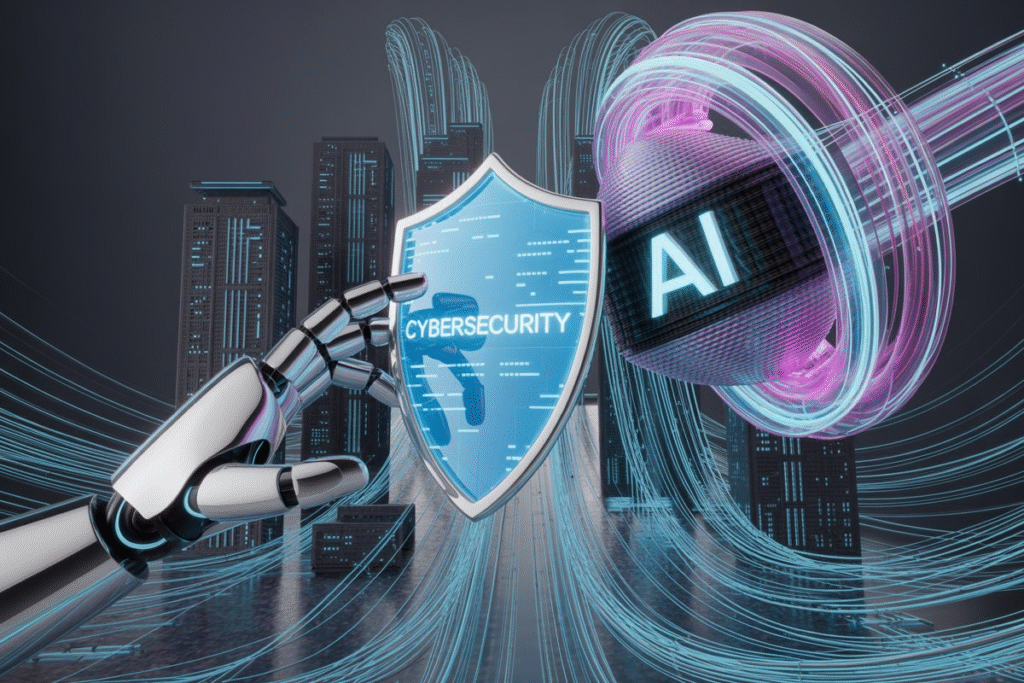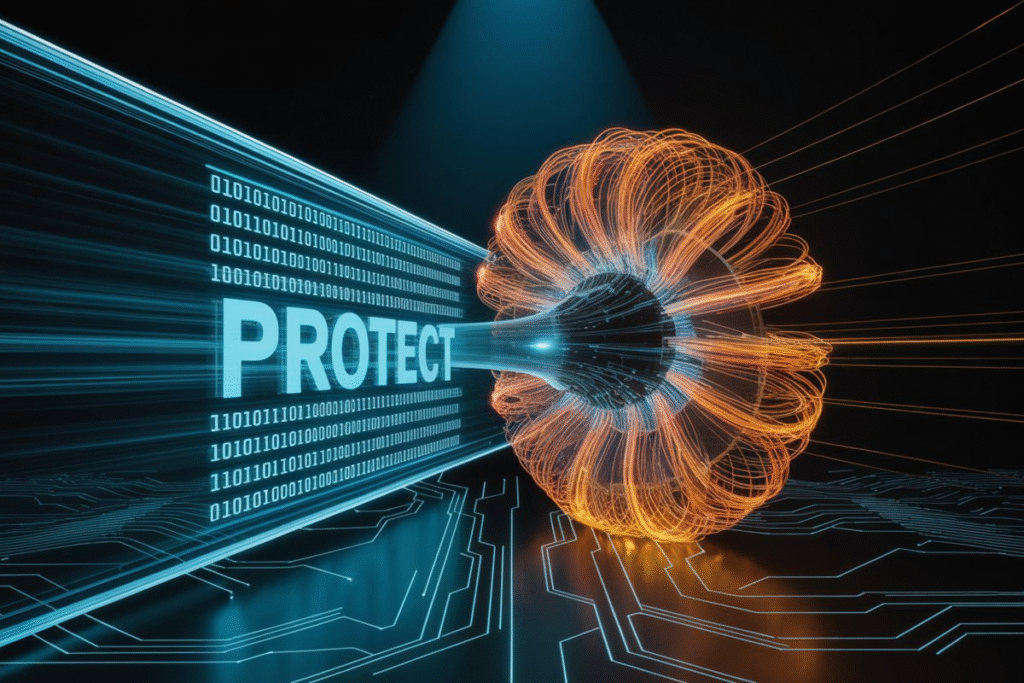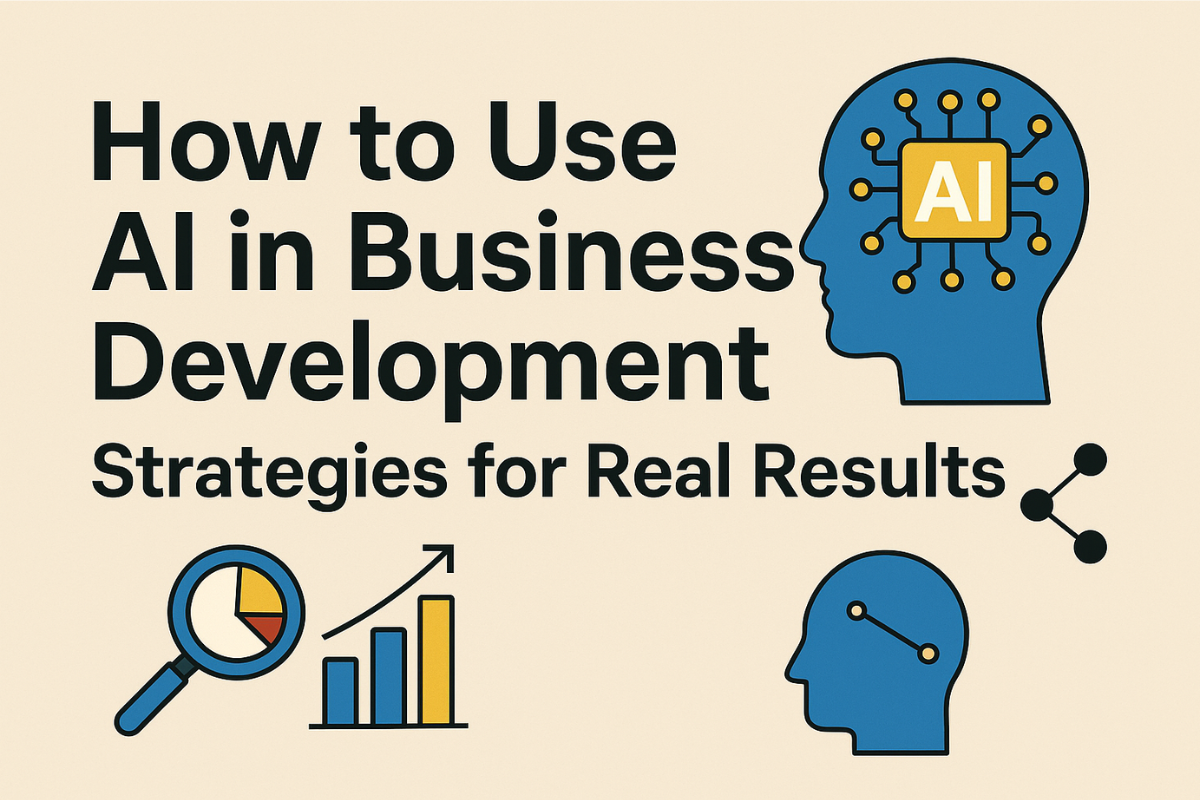Both cybersecurity and Artificial Intelligence (AI) are popular areas of technology. Most of the people asked, “Which is easier to learn?” It all depends on what you are interested in, how you learn and what you want to do in life.Cybersecurity involves protecting systems from cyber threats. While AI involves training the machine to think like a human. Both disciplines are very promising yet challenging in their own way. In this article, we will study which one is simpler, global uses, and a suitable choice.
Table of Contents
ToggleWhat Are Cybersecurity and Artificial Intelligence?
Cybersecurity is the process of protecting devices and information from attackers. It involves threat detection, risk management and system protection.
Artificial Intelligence (AI) focuses on developing machines and algorithms that mimic human intelligence. It involves like machine learning (ML), natural language processing (NLP), and computer vision.
Both are crucial to modern technology infrastructure, but they serve different purposes.
Cybersecurity vs AI: Which Is Easier to Learn?
Most beginners can learn cybersecurity with greater ease. Start your journey with the building blocks of networking and operating systems. Equip yourself with essential tools like firewalls and antivirus software. In a few months, you can secure lower-level certifications like CompTIA Security+. Step into the world of cybersecurity with confidence and competence.
BTo harness the power of AI, you must wield math like a master. Think linear algebra, calculus, and statistics—your trusty companions on this journey. Programming, especially in Python, is your paintbrush, bringing ideas to life. Without a solid technical foundation, it can feel like climbing Everest without gear. But fear not! With determination and the right tools, you can conquer the peak of AI mastery.
Which Field Is Better for Beginners?
Cybersecurity is generally simpler to enter, especially for individuals with minimal IT expertise. Designers create certifications and tools in a sequential manner.
Although interesting, AI takes longer and requires more effort to learn essential elements. It is more appropriate for people who love math and programming.
Real-World Applications of Cybersecurity and AI
Cybersecurity is essential in:
- Finance (fraud prevention)
- Healthcare (data compliance)
- Government (infrastructure protection)
- E-commerce (user privacy)
AI is transforming:
- Healthcare (predictive diagnostics)
- Retail (recommendation engines)
- Automotive (autonomous vehicles)
- Marketing (chatbots and personalization)
Each field is critical to different industries, cybersecurity protects, AI innovates.

Career Opportunities and Job Demand in Each Field
Both industries are on the rise:
- In 2025, about 3.5 million unfilled jobs in cybersecurity are due to the increase in cyber threats.
- AI is growing at a very fast rate, particularly in automation, healthcare, and data science.
Cybersecurity jobs include:
- Security Analyst
- Ethical Hacker
- Incident Responder
- Security Engineer
AI roles include:
- Machine Learning Engineer
- Data Scientist
- AI Researcher
- NLP Engineer
Though AI could yield fatter salaries, cybersecurity grants more varied opportunities for newcomers.
Pros and Cons of a Career in Cybersecurity or AI
| Career Path | Pros | Cons |
| Cybersecurity | Faster to enter High demand Structured learning | Stressful Requires continuous learning |
| AI | High salary potential Research opportunities | Steep learning curve Fewer beginner roles |
Cybersecurity vs AI: What Every Beginner Should Know
- Cybersecurity is practical and defensive.
- AI is more hypothetical and dwells on data-based solutions.
- Certifications are common in cybersecurity.
- AI jobs usually need a degree or extensive experience in relevant projects.
Choose based on your interests and learning style: quick problem-solving or data analysis.
Skill Set Comparison: What You Need for AI vs Cybersecurity
| Skill Area | Cybersecurity | Artificial Intelligence |
|---|---|---|
| Programming | Basic (Python, Bash, PowerShell) | Advanced (Python, R, TensorFlow, PyTorch) |
| Math Knowledge | Moderate (logic, cryptography) | High (statistics, algebra, calculus) |
| Tools & Platforms | Wireshark, Kali Linux, Metasploit | Jupyter, scikit-learn, Hugging Face, OpenAI |
| Certifications | CompTIA, CEH, CISSP | No standard certs; often project/degree-based |
How to Start a Career in Cybersecurity or AI
Cybersecurity path:
- Learn networking and operating systems.
- Study security fundamentals.
- Earn certifications (CompTIA Security+, CEH).
- Build a lab and practice.
AI path:
- Master Python and math.
- Take online AI/ML courses (Coursera, edX).
- Build AI projects (e.g., image recognition, chatbots).
- Contribute to open-source or Kaggle competitions.

How Long Does It Take to Learn Cybersecurity vs Artificial Intelligence?
- Cybersecurity: 6 months to 1 year a junior role with proper training and certifications.
- AI: 1 to 2+ years, especially for machine learning or data science roles.
Cybersecurity has a faster time-to-hire, while AI requires a deeper initial commitment.
Should You Choose Cybersecurity or AI? Key Takeaways
Choose Cybersecurity if:
- You want a practical, fast-track career.
- You enjoy protecting systems and responding to real-time threats.
- You prefer structured learning paths and certifications.
Choose AI if:
- You love working with data and algorithms.
- You’re comfortable with math and abstract thinking.
- You’re aiming for long-term innovation and research roles.
Conclusion
Cybersecurity offers a great opportunity for those looking to start a career in tech. It is often easier to learn than other tech fields, which can take more time and experience. Plus, it provides structured education, valuable certifications, and strong job prospects.
But, if you enjoy math and programming, consider exploring AI. It has exciting potential for innovation in data science and automation in the long run.
You need both in 2025 and beyond, so pick the one that suits your interests, strengths, and career goals.









